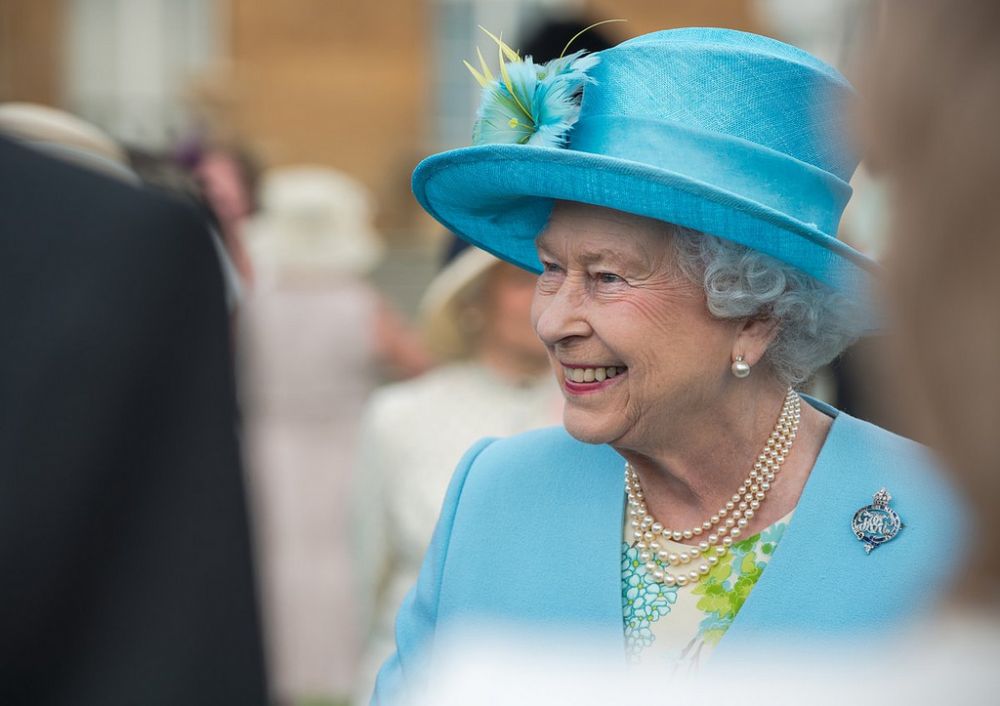Queen Elizabeth II bans plastic from the Royal Estate
The Queen of the United Kingdom has reportedly banned plastic straws and bottles from being used across the various Royal homes and palaces.

The Queen of the United Kingdom has reportedly banned plastic straws and bottles from being used across the various Royal homes and palaces.
The Daily Telegraph in London reports that Buckingham Palace, Windsor Castle and the Palace of Holyroodhouse in Edinburgh will from now on only be using china plates, glasses or recyclable paper cups.
In addition, food packaging across all visitor cafes attached to Royal households will have be biodegradable.
“Across the organisation, the Royal Household is committed to reducing its environmental impact,” a spokesman told the newspaper.
“As part of that, we have taken a number of practical steps to cut back on the use of plastics. At all levels, there's a strong desire to tackle this issue.”
It is thought that the Queen became interested in the issue of plastic waste while working with Sir David Attenborough on a documentary about wildlife in The Commonwealth. The conservationist has also just finished the Blue Planet II series, which has had a significant impact on raising public awareness on the issue of plastic pollution.
Environmentalists responded enthusiastically to the news. Julian Kirby, a campaigner at Friends of the Earth told the newspaper: “Blue Planet’s reach now extends to the Royal households which shows how much momentum is building behind the war on plastic pollution. From small-holdings to Sandringham, everyone is sick of this problem and wants it fixed”
However, he added that while it was an important symbolic step, ultimate responsibility for plastic waste “remains with manufacturers and government to stop this senseless harm to our environment, with its resultant devastation to wildlife”.
Buckingham Palace, the Queen’s official residence, is also undergoing a 10-year refurbishment programme, which will cost the UK taxpayer an estimated £369 million. The works include a long-term plan to place solar panels on the roof and an anaerobic digestion unit providing biogas from food and other organic waste.
Image Credit: Defence Images




